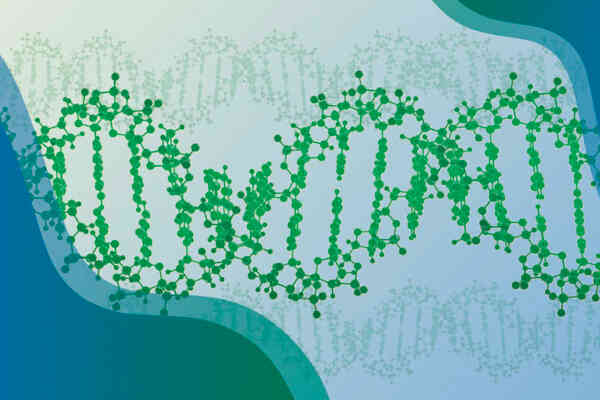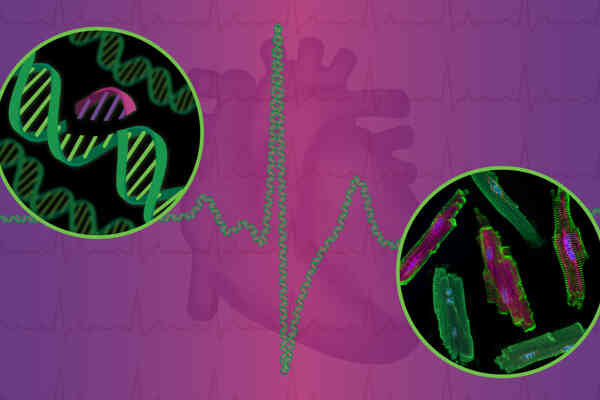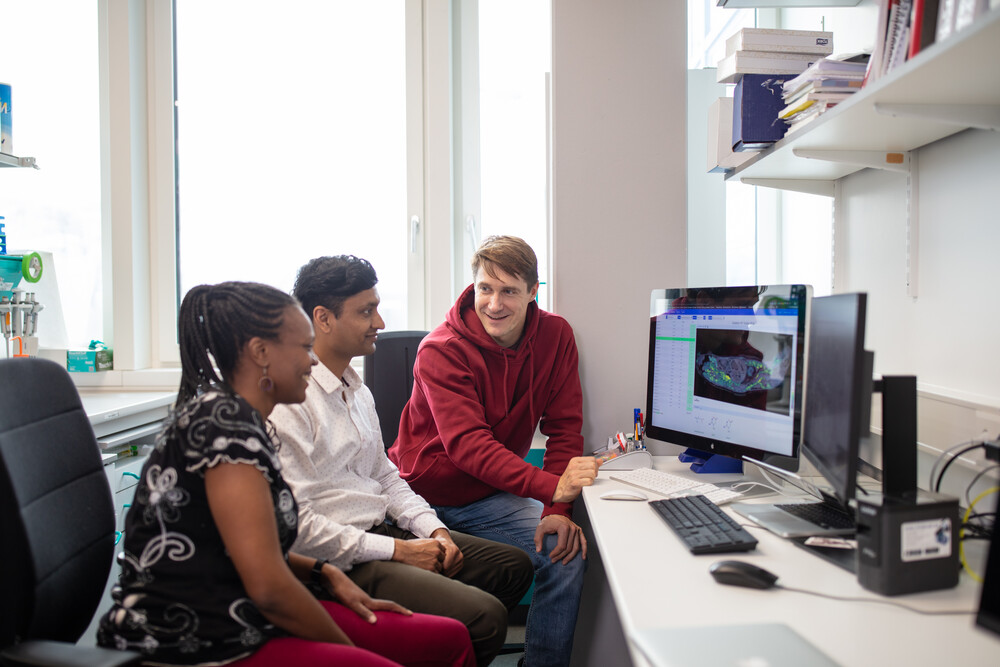
Eileen Furlong
Head of Genome Biology Unit
ORCID: 0000-0002-9544-8339
EditUnderstanding genotype to phenotype links using state-of-the-art genomics, genetics & computational models
The Genome Biology Unit studies how information across different molecular layers (DNA, RNA, Proteins, metabolites) is stored, regulated and altered during cell state transitions and in different environmental contexts, and how the resulting changes lead to different phenotypes, including disease.
We develop and combine innovative experimental and computational approaches to quantify and interpret biological processes and function at both a genome-wide and evolutionary scale, from single cells to interconnected biological ecosystems.
Genetic and environmental variation manifests through the modulation of gene expression, chromatin regulation, RNA processing and protein function. Understanding phenotypic variation requires a deep understanding of how each of these processes are regulated and function across different conditions. The Genome Biology Unit combines a unique blend of scientists that investigate how variation in molecular components (DNA, RNA, proteins, metabolites) – function in time and space, resulting in different cellular and organismal phenotypes. We use a variety of in vivo and in vitro model systems, decoding the principles of genome function at various scales ranging from single players –molecules or cells– to complex systems.
The Unit’s strenghts are our broad expertise in cutting edge genomics methods, the development of new innovative technologies and the seemless integration of ‘wet lab’ experimentation with computational biology. This enables an integrative multi-scale approach to systematically quantify, perturb and understand cellular responses, trajectories and states, with high spatial and temporal resolution.
We combine groups that develop new enabling experimental methods in single cell genomics, spatial omics, proteomics and genetic perturbation with groups that lead the way in state-of-the-art computational methods development for data integration, mathematical modelling and statistical inference, to interpret and integrate biological processes. This includes the development of machine learning and other AI approaches to build foundational models to predict the complex molecular processes underlying the phenotypic changes observed in different experimental contexts. Going forward, we aim to develop new approaches to perturb and measure across different molecular layers by combining multiple experimental technologies (optogenetics, genetics, single cell and spatial-omics) with integrative statistics and machine learning to address fundamental questions in both discovery and translational research.
The activities in the Unit are supported by the Multimodal Open Data Integration Support team who develop data management solutions for FAIR data and workflows to facilitate data analyses and sharing by the wider scientific community. To support and enhance cutting-edge innovative method development, the GenTechDev team, an open lab supports the co-development of single cell and spatial omics methods.
Given how fundamental the research topics within the Unit are to almost all biological systems, all groups within the Unit are key contributors to the current EMBL research programme, with many newly established transversal themes and centers at EMBL being co-chaired by the Unit’s group leaders. This includes, Molecular Building Blocks, which investigates cellular function and subcellular components to systematically uncover their underlying molecular mechanisms; Cellular and Multicellular Dynamics, which addresses fundamental questions in the context of embryonic development and human disease; Microbial Ecosystems and Infection Biology, which use cutting edge large-scale genetics, genomics, proteomics and computational methods to dissect the gut microbiome and host-pathogen interactions; Human Ecosystems, with a particular emphasis on cancer, heart disease and neurodevelopmental disorders, theory@EMBL, with a focus on the development of first-principle based modelling approaches of biological systems, and Data Science, which aims to support data management, integration and FAIRE data throughout EMBL.

Head of Genome Biology Unit
ORCID: 0000-0002-9544-8339
EditGenome regulation and chromatin topology during embryonic development
EditQuantitative Biology and Statistics
EditMolecular mechanisms of genomic variation and chromosome instability
EditDecoding gene regulation using single-molecule genomics
EditEpigenetic mechanisms of neurodevelopment and diseases
EditSpatial biology from molecules to tissues: high-dimensional investigation of cellular organisation
EditStatistical genomics and systems genetics
EditSystems genetics and precision health
EditMulti-omics-based modelling of microbial ecosystems
EditCustom multi-omics tech development
Solutions and support for FAIR data management, integration and publication

Head of Microbial Automation and Culturomics Core Facility
EditUnit Administrator
Edit
Communications & Project Officer
Edit




Advancing molecular biology research to study life in context

Research groups at EMBL are organised into nine units spanning six European sites

Explore our latest vacancies and sign up for job alerts to get notified when something suitable comes up